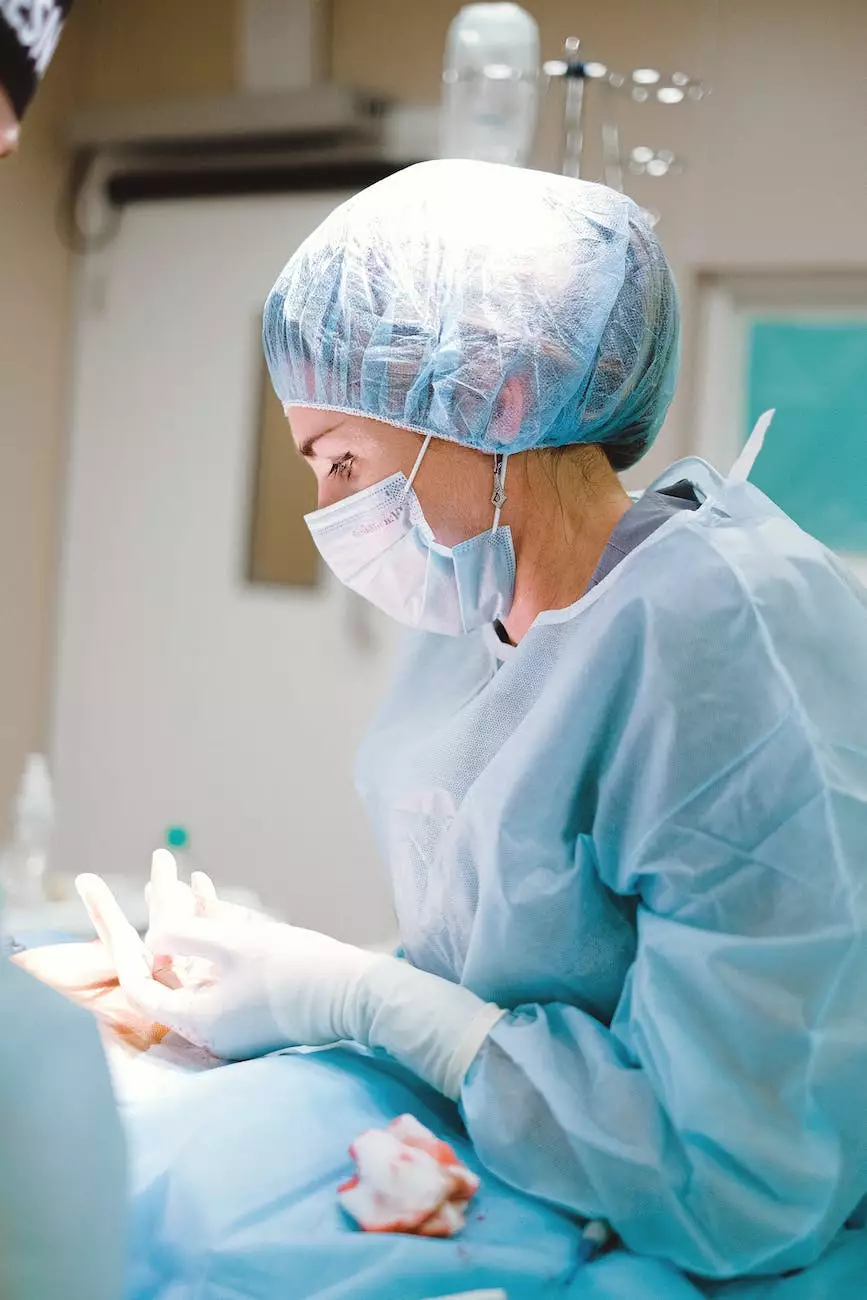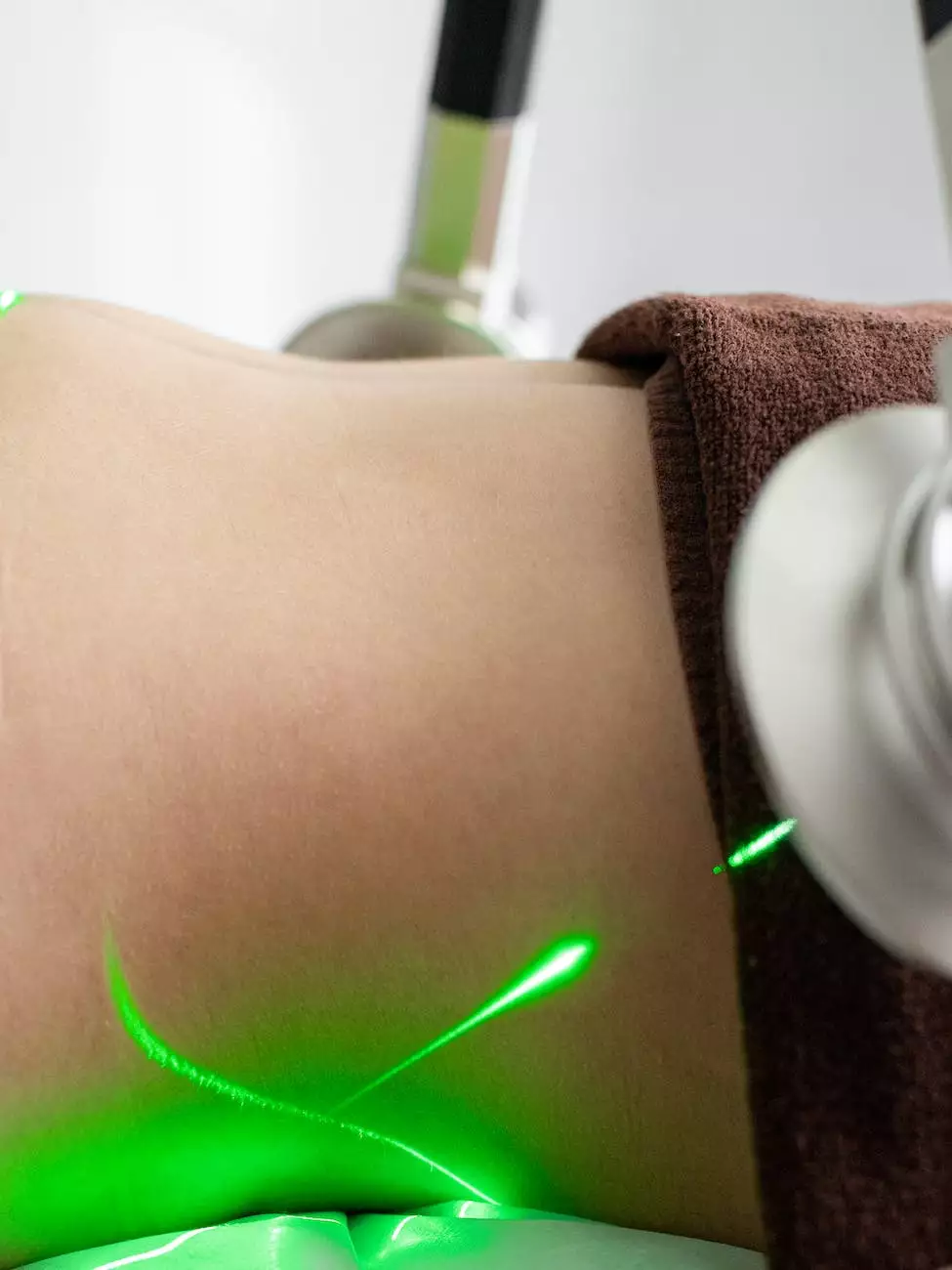Circulatory System in Equine Animals
Pet Care
Introduction
Welcome to Mobile Animal Surgical Hospital's comprehensive guide on the circulatory system in equine animals. In this article, we will delve into the intricacies of the circulatory system and its vital role in the overall health and well-being of horses.
Understanding Equine Circulatory System
The circulatory system is a complex network of blood vessels, heart, and blood that ensures the transportation of oxygen, nutrients, hormones, and waste products throughout a horse's body. This intricate system is responsible for maintaining a horse's health, regulating body temperature, and supporting various physiological processes.
Components of the Circulatory System
The equine circulatory system comprises the heart, blood vessels, and blood. The heart, a muscular organ, acts as a pump that propels oxygenated blood throughout the body. The blood vessels, including arteries, veins, and capillaries, serve as a network for blood flow, while the blood carries essential substances and plays a crucial role in the transport of oxygen.
Functions of the Circulatory System in Horses
Now, let's dive deeper into the functions performed by the circulatory system in horses:
1. Oxygen and Nutrient Delivery
The circulatory system ensures the delivery of oxygen and nutrients to every cell and tissue in a horse's body. Oxygen is vital for cellular respiration, while nutrients provide the building blocks for growth, development, and energy production.
2. Waste Removal
Efficient waste removal is another critical function of the circulatory system. It helps carry away waste products, such as carbon dioxide, metabolic byproducts, and toxins, from the cells to the organs responsible for their elimination, such as the lungs and kidneys.
3. Temperature Regulation
The circulatory system plays a pivotal role in maintaining a horse's body temperature. It helps distribute heat generated by metabolic processes and regulates blood flow to the skin's surface, allowing for heat dissipation and cooling.
4. Immune Response
A healthy circulatory system supports the immune response in horses. It helps transport white blood cells and antibodies, enabling them to reach the sites of infection or injury, aiding in the healing process and preventing the spread of pathogens.
Common Circulatory Disorders in Horses
While the equine circulatory system is robust, horses are susceptible to various circulatory disorders. It is crucial for horse owners and caretakers to be aware of these conditions. Here are a few common circulatory disorders in horses:
1. Equine Cardiovascular Disease
Equine cardiovascular disease refers to a group of conditions affecting the heart and blood vessels in horses. These conditions can include heart murmurs, arrhythmias, congestive heart failure, and more. Early detection and treatment are essential for managing these disorders effectively.
2. Laminitis
Laminitis is a painful inflammatory condition that affects a horse's hooves, but its underlying causes often involve disruptions in the circulatory system. Proper hoof care, diet, and management practices are crucial for preventing and managing laminitis.
3. Colic
Colic is a general term for abdominal pain in horses and can stem from circulatory issues in the intestines. Regular veterinary check-ups, appropriate feeding practices, and proper hydration are key factors in minimizing the risk of colic.
Maintaining a Healthy Circulatory System
To ensure your horse maintains a healthy circulatory system, here are some essential tips:
1. Proper Nutrition and Hydration
A balanced diet rich in essential nutrients, vitamins, and minerals is crucial for overall circulatory health in horses. Adequate hydration also plays a significant role in maintaining blood volume and preventing dehydration-related complications.
2. Regular Exercise and Conditioning
Regular exercise helps keep a horse's circulatory system robust and efficient. It promotes cardiovascular fitness, muscle tone, and overall well-being. Consider consulting with a veterinarian or equine specialist to create a suitable exercise and conditioning program for your horse.
3. Routine Veterinary Care
Regular veterinary check-ups, vaccinations, and preventive care are vital for managing and detecting any circulatory system abnormalities at an early stage. Work closely with your veterinarian to develop a comprehensive healthcare plan for your horse.
Conclusion
In conclusion, understanding the circulatory system is crucial for ensuring the well-being and longevity of equine animals. The circulatory system plays a significant role in delivering oxygen, nutrients, and waste removal, maintaining body temperature, and supporting immune responses. By being aware of common circulatory disorders and implementing appropriate care strategies, you can help your horse maintain a healthy circulatory system and overall good health.
Remember, if you require any veterinary assistance or have concerns about your horse's circulatory system, don't hesitate to reach out to Mobile Animal Surgical Hospital. Our team of experienced veterinarians is here to provide the best care for your beloved equine companion.










